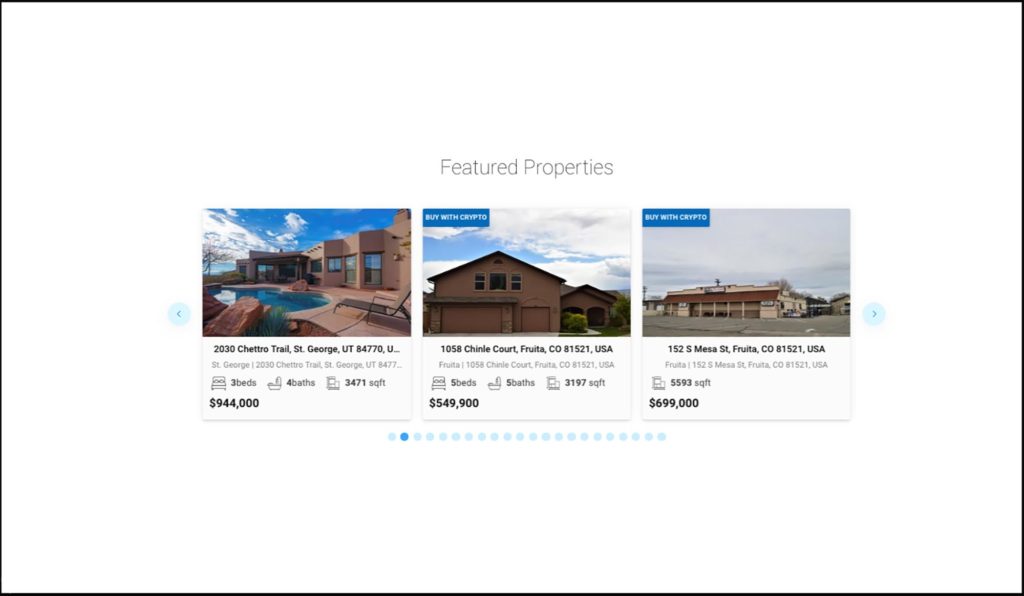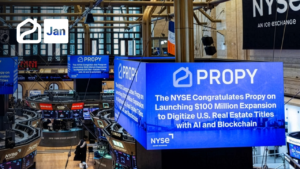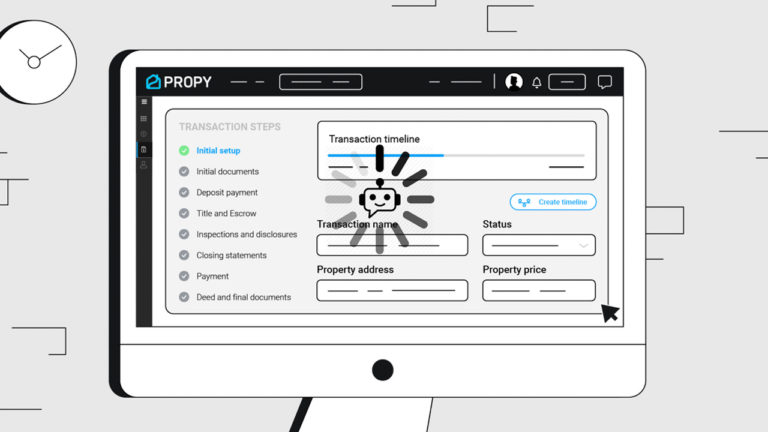
When a consumer shows interest in purchasing a property, he or she begins with a search. In the old days, this may have involved a scan through the newspaper. Today, it’s a visit to a real estate agent with access to an MLS or multiple listing service.
What Is MLS or Multiple Listing Service?
An MLS (multiple listing service) is a system that enables agents to advertise their listings to other real estate professionals. In this way, agents can pool their resources to sell as much of their inventory as possible.
Each MLS listing contains property details and commission rates. Many also include showing instructions, disclosures, and historical listing and transaction information. In the past, an agent’s privileged access to a multiple listing service was one of the main reasons for potential homebuyers to seek assistance. However, in the 21st century, much of this information is available to the general public.
Technology Levels the Playing Field
Over the past decade, MLS data has been democratized by sites like Zillow, which allows sellers to self-publish property details. Although these listings may be less robust than those typically found in an MLS, most contain the salient points and plenty of pictures, which is often enough for shoppers who wish to save on commissions by handling the purchase themselves.
Industry Reaction
In response, many listing agents have reconsidered spending on MLS services. Rather than pay to list with a centralized MLS, some now opt for tools like Imbrex, which leverages blockchain technology to enable agents to retain control of their listings while advertising directly to buyers.
Buyer’s agents also suffer from disenchantment. In the U.S., there is no single national MLS. Instead, there is a patchwork of local and regional systems, many of which restrict access to members. Thus, an agent may have to join several associations in order to gather the data that he or she needs.
Certainly, technology has eroded consumer reliance on real estate professionals. Moreover, it has prompted some in the industry to question the value of multiple listing services. Consequently, the MLS will either change with the times or be replaced by more open, decentralized solutions.






